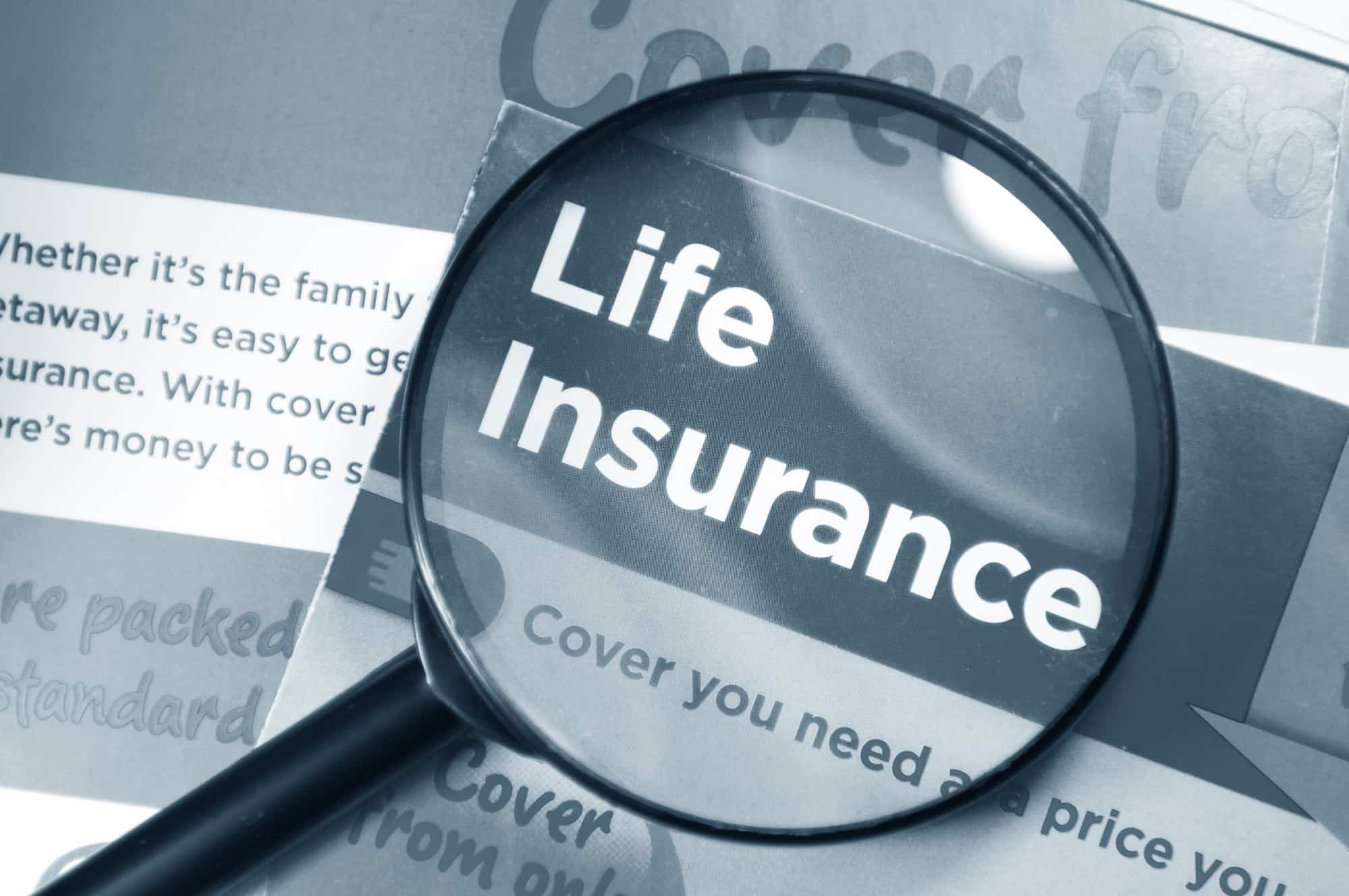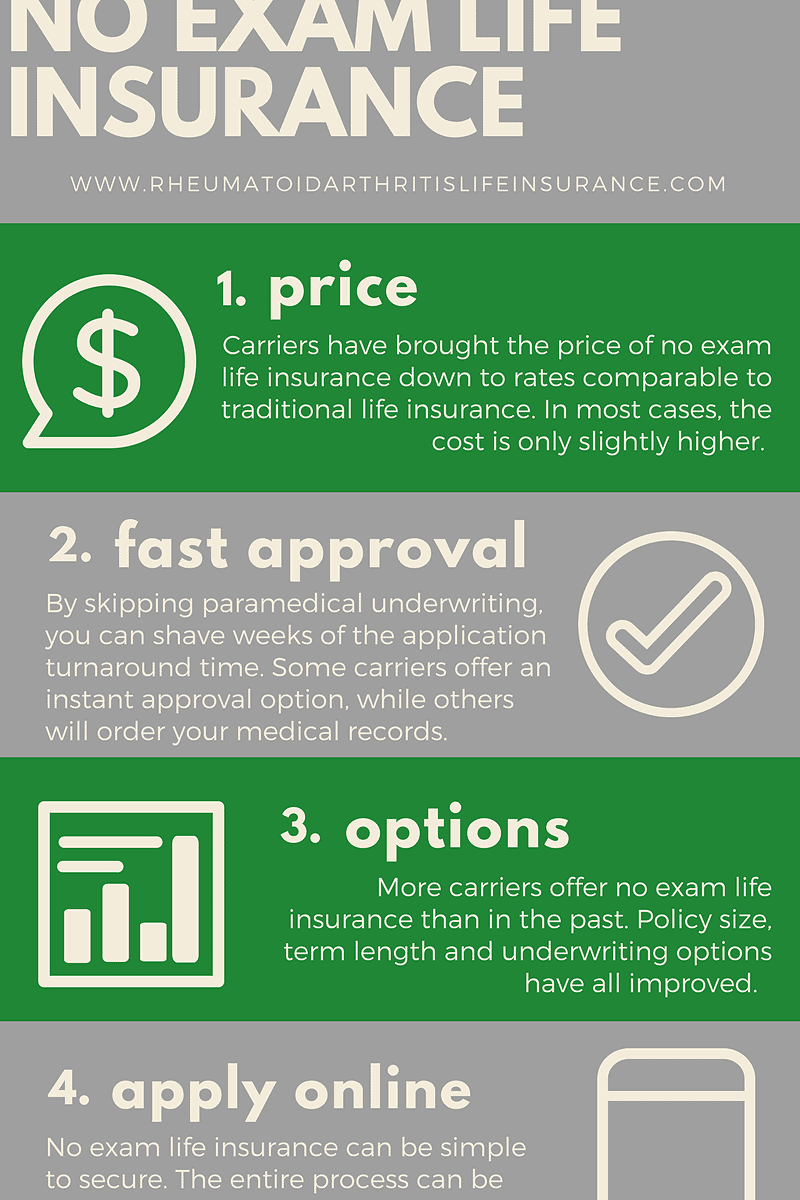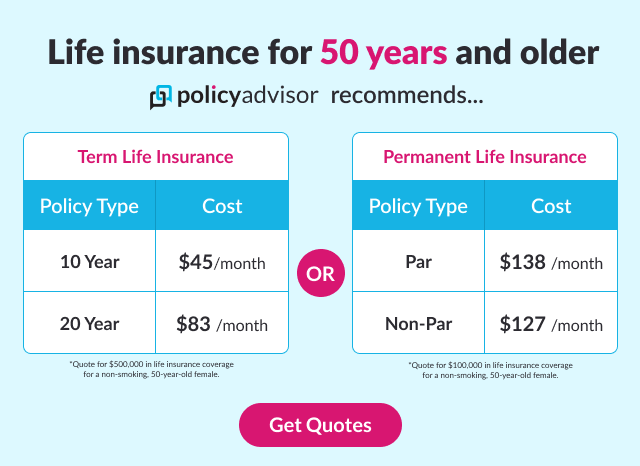Understanding the Process of a Totaled Car
Your car was involved in an accident, and now you’re facing the possibility of it being declared totaled. What happens now? Here’s an overview of what to expect:
Determining a Total Loss
After an accident, the insurance company will assess the damage to your car and determine whether it’s a total loss. They’ll consider factors like the cost of repairs, the car’s pre-accident value, and the estimated salvage value.
The insurance company will typically declare a car a total loss if the cost of repairs exceeds a certain percentage of the car’s value before the accident. This percentage varies from state to state but is usually around 70-80%. for example, if your car is worth $10,000 before the accident and the repairs would cost $8,000, the insurance company may declare it a total loss.
Receiving Compensation
If your car is declared a total loss, the insurance company will pay you the actual cash value (ACV) of the car. **The ACV is the estimated market value of your car before the accident, taking into account its age, condition, and mileage. To calculate the ACV, the insurance company will use a guidebook like Kelley Blue Book or NADA Guides. **
In addition to the ACV, you may also be entitled to other compensation, such as reimbursement for rental car expenses or towing costs.
Getting a Replacement Vehicle
Once you’ve received compensation for your totaled car, you can start shopping for a replacement vehicle. If you have gap insurance, it may cover the difference between what you owe on your old car and the ACV of the car. This can be helpful if you still owe a significant amount on your loan.
When shopping for a new car, it’s best to compare prices from several different dealers. You may also want to consider getting a pre-purchase inspection to make sure the car you’re buying is in good condition. If you’re buying a used car, you may want to get a history report to check for any accidents or other problems.
Car Totaled in Accident: A Guide to the Insurance Claims Process
Getting into a car accident can be a stressful experience, and the aftermath can be even more daunting. If your car is severely damaged, you’ll need to deal with insurance companies and make important decisions about its fate. One of the most critical determinations is whether your car will be repaired or declared a total loss.
Insurance Company Determination
The insurance company’s primary goal is to evaluate the damage and estimate repair costs. They’ll consider the severity of the damage, the age and condition of your car, and the cost of parts and labor. In most cases, if the repair costs exceed the car’s actual cash value (ACV), it will be considered a total loss.
Determining the ACV can be a complex process. The insurer will look at comparable sales data, consider any special features or modifications, and deduct depreciation based on the car’s age and mileage. They may also factor in the car’s salvage value, which is the amount they could get by selling the damaged vehicle for parts.
If your car is deemed a total loss, the insurance company will pay you the ACV minus any applicable deductible. This amount is intended to cover the replacement cost of your vehicle.
Factors That Can Affect the Determination
Several factors can influence the insurance company’s decision, including:
- The extent of the damage: Extensive damage that affects the car’s frame or major components is more likely to lead to a total loss.
- The age of the car: Older cars are more likely to be declared a total loss, as parts and labor costs can be higher.
- The condition of the car: A well-maintained car is more likely to be repaired, while a car with previous damage or mechanical issues may be considered a total loss.
- The availability of parts: If it’s difficult or expensive to obtain replacement parts, the insurance company may deem the car a total loss.
- The insurance policy: Some policies may have specific provisions that affect the total loss determination, such as a "total loss threshold" or a "guaranteed value" clause.
Car Totaled in Accident: What You Need to Know
Picture this: you’re driving down the road, minding your own business, when suddenly, bam! You’re involved in an accident. Your car is wrecked, and you’re not sure what to do. One of the first questions that will come to mind is: will my car be totaled? And what does that even mean, anyway?
Total Loss Threshold
When insurance companies assess the damage to your car, they’ll determine whether it’s a total loss. This decision is based on the cost of repairs compared to the pre-accident value of your car. Generally speaking, if the repairs will cost more than 75-80% of your car’s value, it will be declared a total loss.
Factors Affecting the Decision
Several factors can influence whether your car is totaled. These include:
- The severity of the damage
- The age and condition of your car
- The cost of parts and labor
- The availability of used parts
- Your insurance policy
What Happens if My Car Is Totaled?
If your car is totaled, your insurance company will pay you the actual cash value (ACV) of your car. The ACV is determined by considering the car’s make, model, year, mileage, and condition. You may also be entitled to additional benefits, such as rental car reimbursement or loss of use coverage.
What Can I Do if I Disagree with the Insurance Company’s Decision?
If you believe your car was wrongfully totaled, you can appeal the decision with your insurance company. You can also file a complaint with your state insurance commissioner.
Car Totaled in Accident: What Happens Next?
Oh no, your car has been totaled in an accident! It’s a sickening feeling, but there are steps you can take to ensure you’re compensated fairly and get back on the road. First and foremost, you’ll want to contact your insurance company. They’ll appraise the damage and determine whether your car is repairable or a total loss. If it’s considered a total loss, you’ll receive a settlement offer.
Can I Dispute the Settlement Offer?
The settlement offer is typically based on the estimated value of your car before the accident, minus your deductible. However, you’re not obligated to accept it. If you believe the offer is too low, you can dispute it. Be prepared to provide evidence to support your claim, such as repair estimates or comparable sales data.
What if I Have a Loan on the Car?
If you still owe money on your car, things can get a bit more complicated. The insurance company will typically pay off the loan, but you may be responsible for any remaining balance. In some cases, you may be able to negotiate with the lender to have the balance forgiven. However, it’s important to understand that the lender has no obligation to do so.
Settlement Options
Once you’ve decided whether to accept the settlement offer, you’ll need to choose how you want to receive payment. Typically, you can opt for a lump sum payment or a series of smaller payments that are spread out over time. It’s important to weigh the pros and cons of each option before making a decision that’s right for you.
If you have a good relationship with your insurance company, you may be able to negotiate a settlement that includes additional compensation for your inconvenience. For example, you may be able to get reimbursed for rental car expenses or lost wages. However, it’s essential to keep your expectations realistic and understand that these types of settlements are often difficult to obtain.
Car Totaled in Accident: What You Need to Know
If you’re unfortunate enough to be involved in a car accident that results in your vehicle being totaled, you’re probably feeling overwhelmed and stressed. However, it’s important to know that you do have options. One of those options is to keep the salvage value of your totaled car. This can be a great way to recoup some of the money you’ve lost, but it’s important to understand what salvage value is and how it works.
What is Salvage Value?
Salvage value is the value of your totaled car after it has been deemed a total loss by your insurance company. The insurance company will typically determine the salvage value based on the car’s make, model, year, and condition. The salvage value will then be deducted from the total amount of your insurance settlement.
What Can I Do with the Salvage?
Once you’ve received your insurance settlement, you have a few options for what to do with the salvage. You can:
* Sell the salvage to a salvage yard. This is the most common option. Salvage yards will typically pay you a percentage of the car’s salvage value.
* Repair the car yourself. If you’re mechanically inclined, you may be able to repair the car yourself. However, this is only a good option if you have the time, skills, and resources to do the repairs properly.
* Scrap the car. If the car is too damaged to repair, you can scrap it. Scrap yards will typically pay you a small amount of money for the car’s metal.
How Can I Get the Most Money for My Salvage?
If you’re planning on selling your salvage, there are a few things you can do to get the most money for it. First, try to get multiple quotes from different salvage yards. Second, make sure to clean the car and remove any personal belongings. Third, be prepared to negotiate with the salvage yard. Finally, don’t forget to factor in the cost of towing the car to the salvage yard when you’re calculating how much money you’ll get for it.
Car Totaled in Accident: What You Need to Know
When your car is declared totaled after an accident, it’s a devastating blow. Not only do you have to deal with the emotional trauma, but you’re also left wondering what to do next. One of the biggest concerns you’ll have is how this will affect your insurance.
Impact on Future Insurance Premiums
A totaled car can have a significant impact on your insurance premiums. Insurance companies consider a totaled car a major claim, which can lead to higher rates. The amount of the increase will vary depending on the insurance company, your driving history, and the circumstances of the accident.
What You Can Do to Minimize the Impact
There are a few things you can do to help minimize the impact of a totaled car on your insurance premiums:
- Shop around for insurance. Not all insurance companies are created equal. Some companies are more lenient when it comes to major claims, so it’s worth shopping around to see if you can find a better rate.
- Maintain a good driving record. The best way to keep your insurance premiums low is to maintain a good driving record. Avoid getting into accidents and moving violations.
- Consider raising your deductible. A higher deductible means you’ll have to pay more out of pocket if you make a claim. However, it can also lead to lower premiums.
Other Important Things to Consider
In addition to the impact on your insurance premiums, there are a few other important things to consider if your car is totaled in an accident:
- The cost of replacing your car. If your car is totaled, you’ll need to find a new one. This can be a major expense, so it’s important to factor it into your budget.
- The impact on your credit. If you have a car loan, your credit score could be affected if your car is totaled. This is because a totaled car can be considered a "loss" on your credit report.
- The emotional impact. Getting into an accident and having your car totaled can be a traumatic experience. It’s important to seek professional help if you’re struggling to cope with the emotional impact.




Leave a Reply